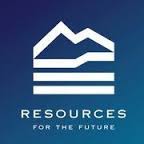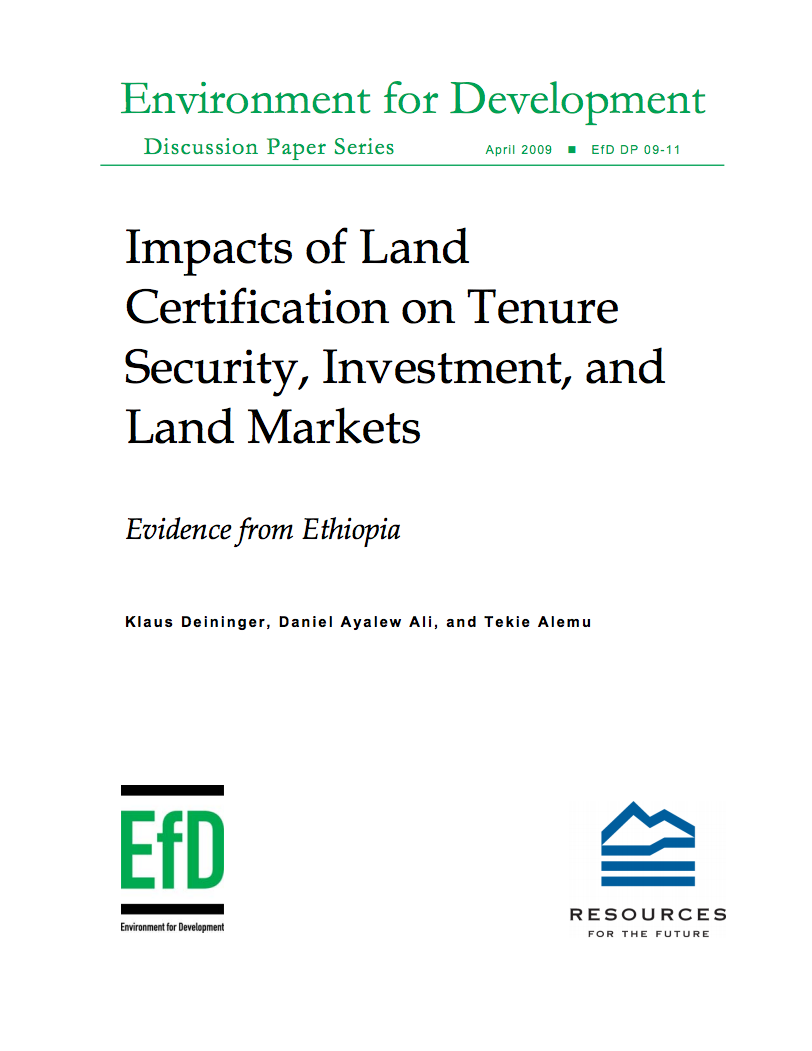Location
Resources for the Future (RFF) is an independent, nonpartisan organization that conducts rigorous economic research and analysis to help leaders make better decisions and craft smarter policies about natural resources and the environment.
RFF was the first think tank devoted exclusively to natural resource and environmental issues and helped create the field of environmental and natural resource economics. Since 1952, it has provided decisionmakers with the tools to improve the way policy choices are made, strengthening both the environment and the economy. Although RFF is located in Washington, DC, its research scope comprises programs in nations around the world.
RFF at a glance:
- Recognized as independent and nonpartisan
- Focused on the economics of environmental and natural resource policy
- Trusted by public, private, and nonprofit leaders
- Located in Washington, DC, only minutes away from the White House and Capitol Hill
- Committed to intellectual excellence and practical solutions
- Respected for providing nonproprietary, publicly available research
Mission
RFF’s mission is to improve environmental and natural resource policymaking worldwide through objective social science research of the highest caliber.
Vision
RFF envisions a world where environmental and economic decisions in the public and private sectors are made with a full understanding of the potential implications for present and future generations and the world in which they live.
Members:
Resources
Displaying 1 - 4 of 4Impacts of Land Certification on Tenure Security, Investment, and Land Markets
While early attempts at land titling in Africa were often unsuccessful, the need to secure land rights has kindled renewed interest, in view of increased demand for land, a range of individual and communal rights available under new laws, and reduced costs from combining information technology with participatory methods. We used a difference-in-difference approach to assess the effects of a low-cost land registration program in Ethiopia, which covered some 20 million plots over five years, on investment.





